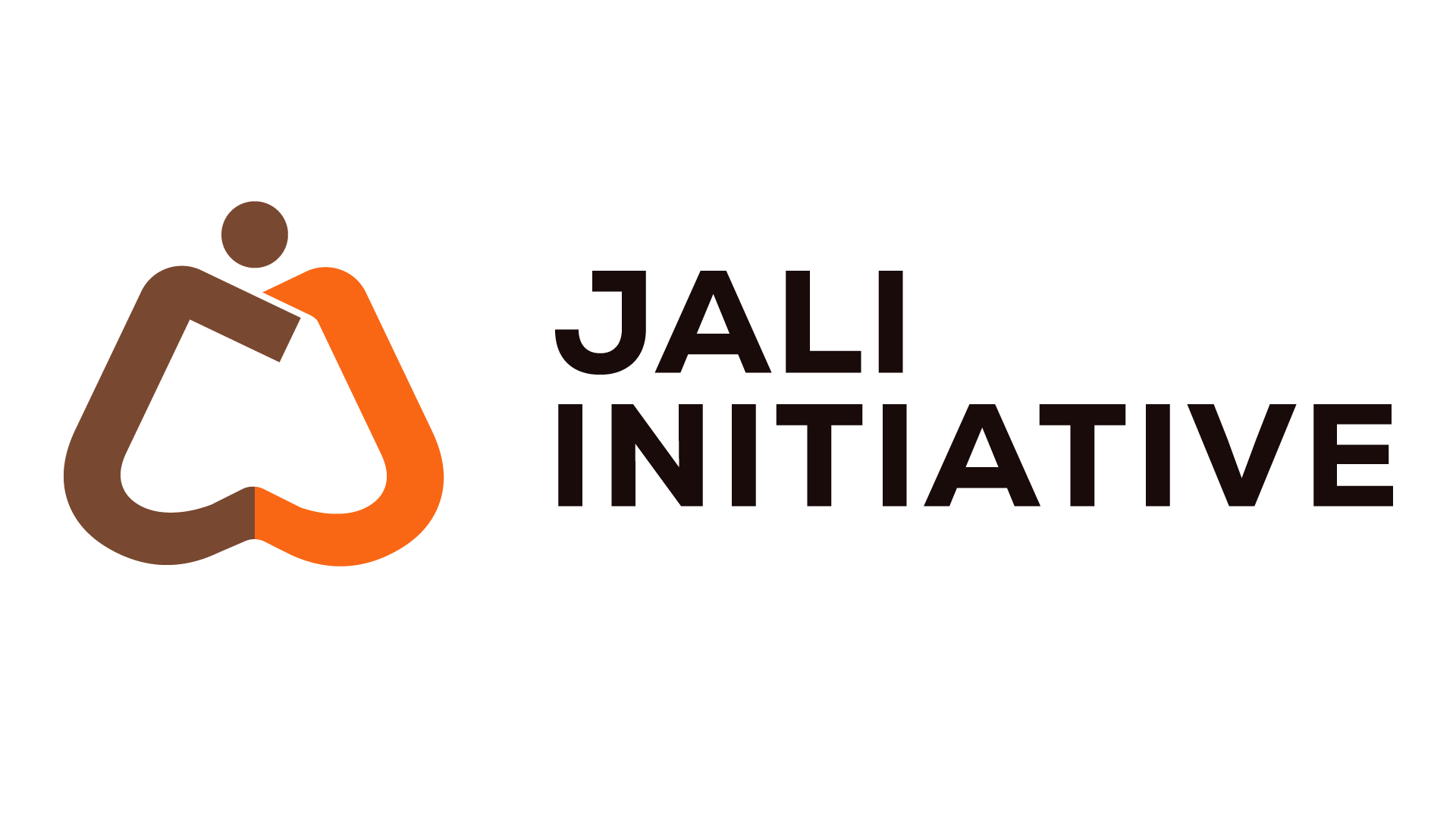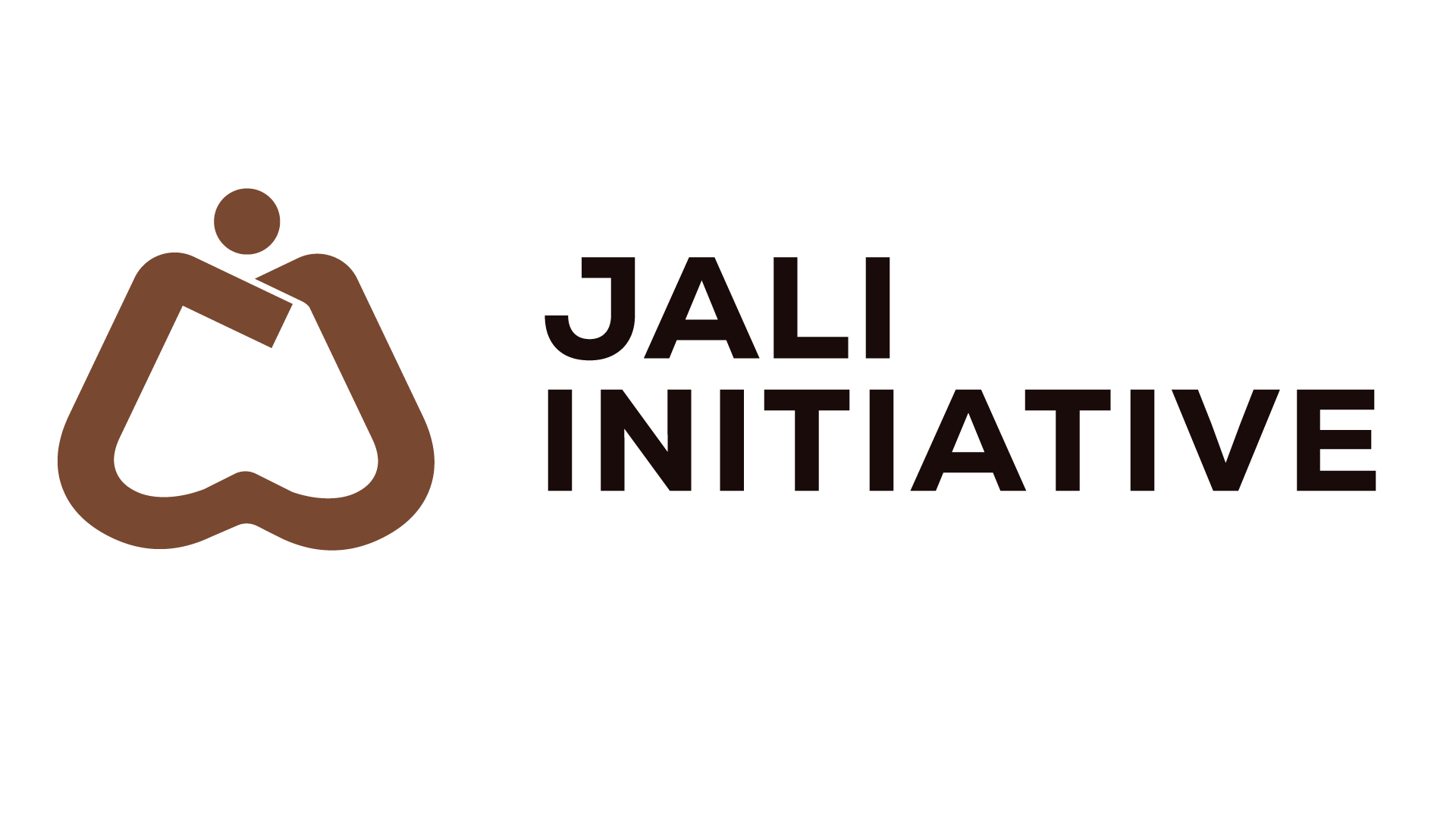Mental Health
Mental health is an integral part of overall well-being, but it’s a topic that has long been stigmatized and overlooked in Tanzania. In this blog post, we will shed light on the state of mental health in Tanzania, the challenges faced by individuals, and the promising steps being taken to address this critical issue.
Understanding the Situation
Stigma and Misconceptions: Stigma surrounding mental health is a significant barrier to seeking help. Many Tanzanians view mental health problems as a sign of weakness or even as a spiritual affliction. This misconception often leads to individuals suffering in silence.
Limited Access to Services: Access to mental health services is a challenge, especially in rural areas. There is a shortage of mental health professionals and facilities, making it difficult for those in need to receive appropriate care and support.
Traditional Beliefs and Practices: In some cases, traditional beliefs and practices are intertwined with mental health issues. Exorcisms and other rituals may be sought as treatments instead of evidence-based therapies.
High Levels of Stress: Economic hardship, social pressures, and traumatic events, such as natural disasters and conflicts, can contribute to high levels of stress and mental health challenges.
Promising Steps Towards Improvement
Awareness Campaigns: Various organizations and government agencies have launched awareness campaigns to reduce the stigma around mental health. These campaigns aim to educate the public about the importance of seeking help and dispelling myths.
Training and Capacity Building: Efforts are being made to train more mental health professionals, including psychiatrists, psychologists, and counselors. This helps increase the availability of services across the country.
Integration with Primary Healthcare: The integration of mental health services with primary healthcare is being prioritized. This ensures that mental health is addressed alongside physical health, making services more accessible.
Community-Based Interventions: Community-based programs and support groups are emerging to provide psychosocial support and counseling to individuals dealing with mental health issues. These initiatives aim to create a network of understanding and help within communities.
Legislation and Policy: Tanzania has taken steps to improve mental health policies and legislation to protect the rights of individuals with mental health conditions and ensure access to quality care.
Addressing mental health challenges in Tanzania is a complex process that involves breaking down stigma, increasing access to services, and promoting awareness. While there is still much work to be done, the efforts being made to improve mental health in Tanzania are promising. By fostering a culture of understanding and support, Tanzania can empower individuals to seek help, access appropriate care, and ultimately improve their mental well-being. Mental health is not a sign of weakness; it is a fundamental aspect of human health and deserves the attention and care it requires.


